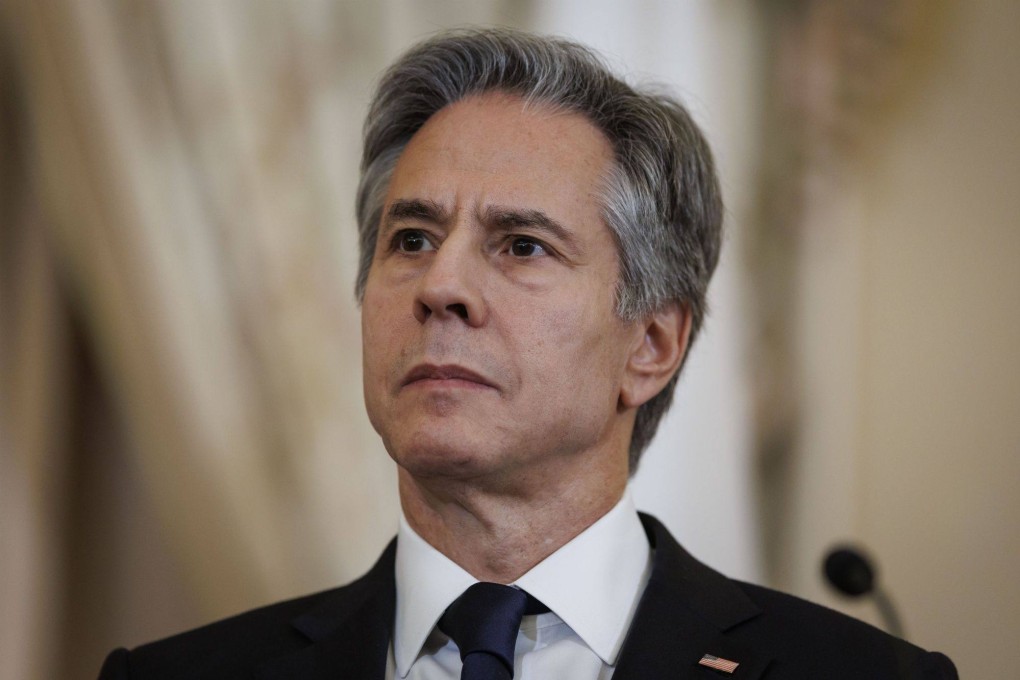Advertisement
China signals desire to work with US on trade and climate change but remains defiant on defence
- Officials discuss business and global warming ahead of US Secretary of State Antony Blinken’s China trip, marking thaw after talks suspended in summer
- However, security is still a sticking point as Beijing reportedly refuses South China Sea talks and Washington strengthens Tokyo ties
Reading Time:4 minutes
Why you can trust SCMP
66

China has signalled to the United States that it is willing to cooperate on trade and climate change but will remain defiant on issues related to defence and security ahead of an anticipated trip to Beijing by US Secretary of State Antony Blinken.
Blinken is expected to visit Beijing in February to help reset China-US relations following years of rising tensions over the South China Sea, Taiwan, trade and human rights. The trip was agreed upon by Chinese President Xi Jinping and his US counterpart Joe Biden during their November meeting on the sidelines of the G20 summit.
Trade and climate change officials from the two countries have spoken in recent days and agreed to hold further dialogues. But Beijing has reportedly turned down a US offer to hold military talks on South China Sea tensions.
During a video conference with US-China Business Council president Craig Allen on Thursday, Chinese Commerce Minister Wang Wentao said China was willing to listen to the opinions of American companies and work with Washington to promote cooperation.
Advertisement
Wang said China was willing to “continuously improve” to foster a market-oriented, law-based and internationalised business environment, according to a Commerce Ministry statement on Friday.
But Wang urged the US to stop restrictions on Chinese companies and not to regard China as a strategic rival.
Advertisement
“It is hoped that the US side will take a correct view of the opportunities that China’s development brings to the US and the world, and follow the direction set by the two heads of state to push China-US economic and trade relations back on track at an early date,” he said.
Advertisement
Select Voice
Select Speed
1.00x